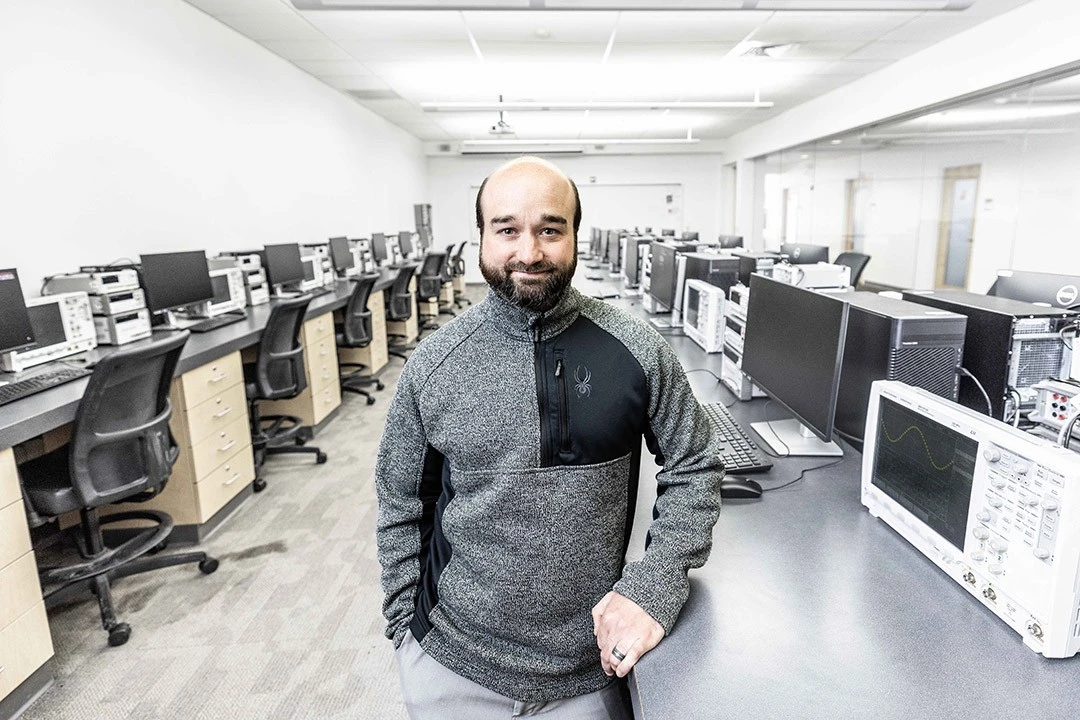
Recent research indicates that AI systems are increasingly mimicking human information processing. This study, published in Nature, highlights the potential of neuromorphic computing to enhance AI efficiency and energy consumption. Researchers, including Cory Merkel from Rochester Institute of Technology, emphasize the importance of brain-inspired models for developing next-generation AI applications.
The findings suggest that neuromorphic computing could revolutionize various fields, such as health monitoring and autonomous systems. With the projected doubling of AI's electricity consumption by 2026, these advancements are crucial for sustainable AI development. The collaboration among experts from academia and industry underscores the growing significance of neuromorphic technologies in addressing the challenges of modern AI.
• AI systems are increasingly modeled after human brain processing capabilities.
• Neuromorphic computing is key to improving AI efficiency and energy consumption.
Neuromorphic computing refers to systems designed to mimic the neural structure of the human brain, enhancing AI processing capabilities.
Bio-intelligence involves applying principles from neuroscience to create more efficient computational systems, as discussed in the context of AI development.
Resistive Random Access Memory (RRAM) is highlighted as an emerging memory technology essential for neuromorphic computing applications.
Rochester Institute of Technology is involved in advancing neuromorphic computing through research led by experts like Cory Merkel.
The University of Texas-San Antonio's MATRIX AI Consortium focuses on neuromorphic AI research, contributing to the study's findings.
Sandia National Laboratories plays a role in exploring emerging memory technologies for neuromorphic computing, as detailed in the research.
Rochester Institute of Technology 9month
Phys.org on MSN.com 14month
techxplore on MSN.com 10month
Isomorphic Labs, the AI drug discovery platform that was spun out of Google's DeepMind in 2021, has raised external capital for the first time. The $600
How to level up your teaching with AI. Discover how to use clones and GPTs in your classroom—personalized AI teaching is the future.
Trump's Third Term? AI already knows how this can be done. A study shows how OpenAI, Grok, DeepSeek & Google outline ways to dismantle U.S. democracy.
Sam Altman today revealed that OpenAI will release an open weight artificial intelligence model in the coming months. "We are excited to release a powerful new open-weight language model with reasoning in the coming months," Altman wrote on X.
